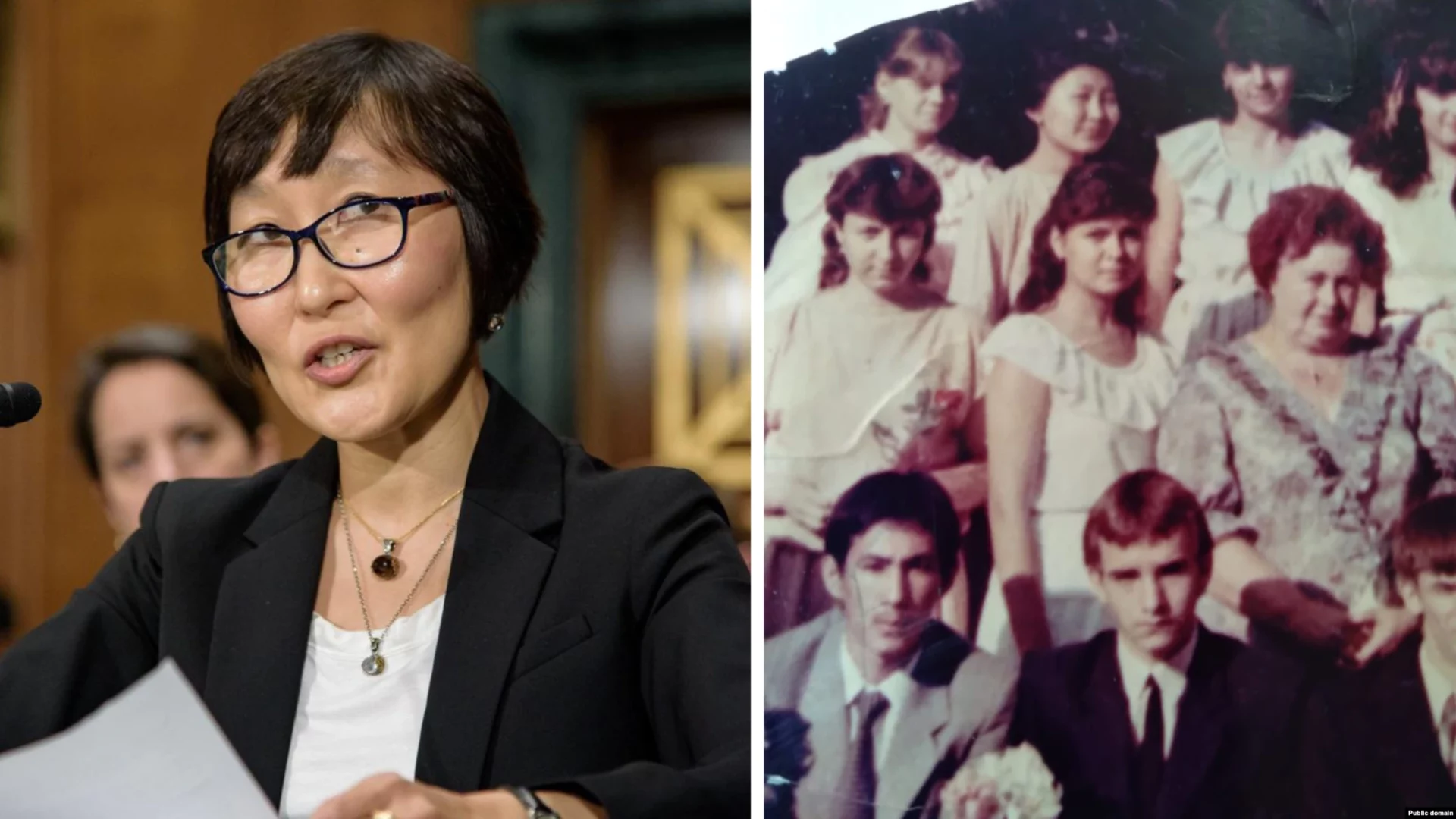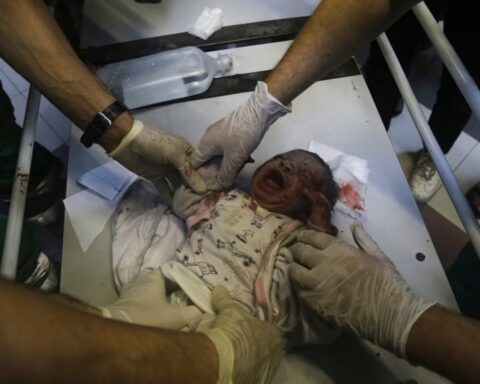A Kazakh-American with a history of controversial comments on the Soviet Union may become America’s next comptroller of the currency.
In late September, U.S. President Joe Biden nominated Saule Omarova, a law school professor at Cornell University, to be America’s next comptroller of the currency. The powerful role would make her responsible for the regulation of America’s largest banks.

Omarova is a controversial pick. Born in the Kazakh S.S.R. in 1966, she attended school in the provincial town of Oral (known in Russian as Uralsk). After excelling in school, she studied philosophy at Moscow State University, winning a V.I. Lenin Scholarship for academic excellence. Her career trajectory took a dramatic turn in December 1991 when the Soviet Union collapsed while Omarova was on a university exchange in the United States.
The young Kazakh was able to stay on in Wisconsin to complete her PhD in political science, then embarked on a successful career in law and academia.
In a 2020 interview, Omarova said of her unplanned departure from the U.S.S.R.: “Frankly, to this day, I kind of feel guilty for having left the country at such a momentous time,” and joked, “because obviously they couldn’t hold it together without me.”

While many emigrants from the former Soviet Union used the freedom enjoyed in the West to speak out against authoritarian socialism, Omarova has suggested the free market is in some ways inferior to the state control found in the U.S.S.R.
In 2019, she tweeted: “Until I came to the US, I couldn’t imagine that things like gender pay gap still existed in today’s world. Say what you will about old USSR, there was no gender pay gap there. Market doesn’t always ‘know best.’”
That take generated widespread criticism, especially among Republican observers.
A 2020 article written by Omarova that suggests the need for a government-controlled “people’s ledger” that would “end banking as we know it” has caused further friction over her nomination, with some reports suggesting that moderate Democrats may oppose her appointment.

In Oral’s School No. 21, principal Laura Sharkubenova told RFE/RL that Omarova was the first student to graduate from the school with a “gold medal,” an academic distinction only awarded to a tiny fraction of students in the Soviet Union.
“She was brought up in an intellectual family,” the principal added. Omarova’s mother worked in a tuberculosis hospital.

Vlasta Kaptelova, who was childhood friends with Omarova, remembers her having an interest in fashion but little money to source new clothing. “Her mother used to make dresses from old clothes, then Saule started to sew well, too,” Kaptelova said.
Kaptelova says Omarova was raised by her mother and grandmother and that the family lived a “modest life.”

“She was persistent,” Kaptelova says of her former high school friend. “For example, if she started to get a bad grade in physical education, she would refocus and start to do well. She was the smartest among us, but she was humble.”
Kaptelova lost touch with Omarova after her unplanned move to the United States, but said that “when my daughter died 10 years ago, Saule found me on [social media] and offered her condolences.”

A Republican senator has called on Omarova to hand over her university thesis from her time at Moscow State University, which was titled Karl Marx’s Economic Analysis And The Theory Of Revolution In Das Kapital. In the Soviet Union, it was nearly impossible for ambitious academics to avoid extolling the “virtues” of socialism and Marxist theory.

Omarova has denied she has communist sympathies, telling the Financial Times: “My grandmother was orphaned because Stalin sent her entire family to Siberia, and they died there. Her family was destroyed because they were educated Kazakhs who didn’t join the party.”
In the same interview, Omarova explained what she believes is behind the controversy over her nomination.
“I am an easy target,” she said. “An immigrant, a woman, a minority. I don’t look like your typical comptroller of the currency. I have a different history. I am easy to demonize and vilify.”






